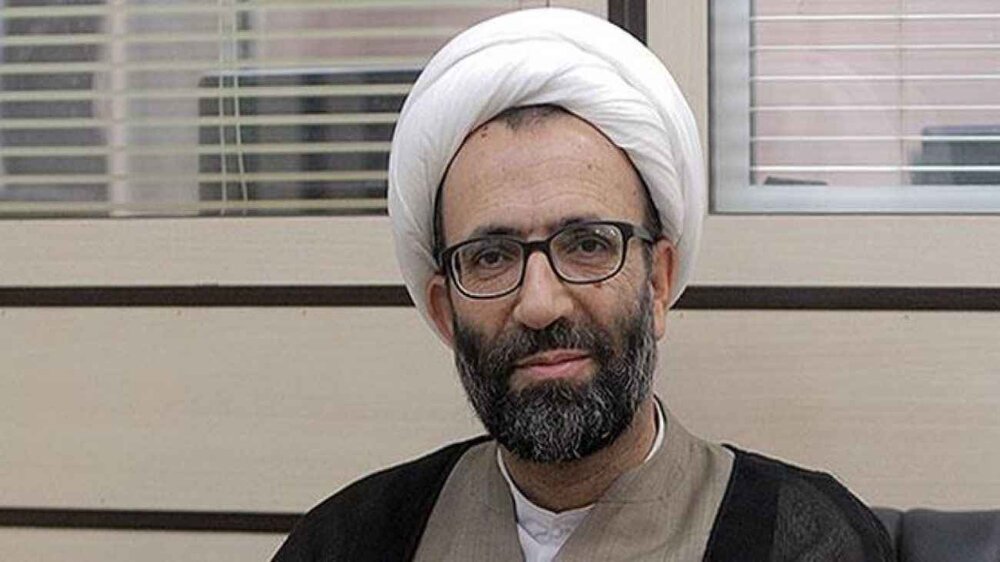U.S. seeking to disrupt talks under Israeli pressure: senior MP

TEHRAN – Under Israeli pressure the United States is making efforts that the nuclear talks don’t result in an agreement, a senior Iranian lawmaker has said.
Ali Reza Salimi, who is a member of the Parliament’s presiding board, told state news agency IRNA, “Under the pressure of the Zionist lobby, America wants Iran not to secure its interests in the negotiations and wants the implementation of commitments for Iran to be a one-way street.”
He added, “The news from Qatar says that the Americans are obstructing the negotiations.”
Salimi said, “The disruption of the Americans in the negotiations has reached the point where the representative of the European Union has reacted to this behavior of the United States and stated that the United States does not follow the path of the negotiations.”
He added, “The Americans have focused all their efforts on the issue that Iran does not achieve the benefits intended for it in the JCPOA and only fulfills its commitments. And in fact, they are trying to limit Iran in various scientific, nuclear, economic, missile, and other fields.”
The lawmaker was referring to the latest round of indirect nuclear talks held in Qatar between Iran and the U.S. The talks were held on Tuesday and Wednesday.
However, Majid Takht Ravanchi, Iran’s ambassador to the UN, has said the Doha talks were positive.
“During our intensive consultations with the EU High Representative for Foreign Affairs and Security Policy, Mr. Joseph Borrell, in Tehran last week, Iran once more emphasized its willingness to provide creative solutions to the remaining issues in the hope of ending the deadlock. We agreed to hold indirect talks with the U.S. through the EU in order to overcome the last hurdles in the talks. We were sincere in the Doha talks that were serious and positive. As in the past, we will be in touch with the EU Coordinator for the next stage of the talks,” he said in a statement to a UN Security Council meeting on Thursday.
Takht Ravanchi added, “Our negotiating team is ready to engage constructively again to conclude and reach a deal. The ball is in U.S.’s court and if the U.S. acts realistically and shows its serious intention to implement its obligations, the agreement is not out of reach.”
He said, “Iran is committed to multilateral diplomacy, the outcome of which should assure the effective and verifiable lifting of all unlawful sanctions.”
The ambassador went on to say, “Iran has demanded verifiable and objective guarantees from the U.S. that JCPOA will not be torpedoed again, that the U.S. will not violate its obligations again, and that sanctions will not be re-imposed under other pretexts or designations - as occurred during the previous U.S. administration - and that JCPOA mechanisms will not be abused. In fact, these are the minimum requirements for determining the deal's long-term viability. In the course of Vienna talks, we exercised maximum flexibility and showed good faith in order to reach an agreement acceptable to all and even introduced innovative solutions to the remaining issues with the hope to break the impasse. However, the United States' unrealistic and rigid approach has led to the current stalemate.”
